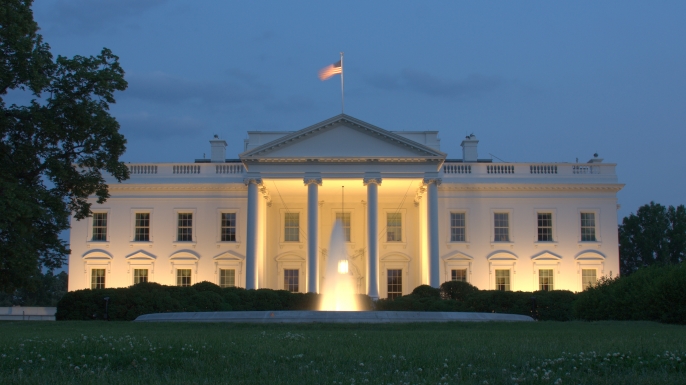A Guardian column on "alt-right" celebrity Katie Hopkins' carpetbagging critiques of London stumbles into an important truth. Marina Hyde:
For now, it falls to her [Hopkins] to explain London to the Americans. “Londoners can’t even be honest about these attacks,” she told Fox News. “Because it would mean everything they believed in was false.” >Ah, the false idols of the decadent metropolis! Had Katie spent more than 10 minutes in the World History aisle of Wikipedia, she would know there have always been people who hated cities for what they stood for. The metropolis has at many times served as shorthand for a kind of moral decay and wicked permissiveness that requires (usually forcible) regression. “This place where monsters lurk and steal lives away in an instant,” thunders Katie of the capital’s wickedness. “For nothing.” Dear, dear – it does all seem rather terminal. I wonder what Katie would do with the failed, corruptive experiment that is London? The Khmer Rouge decided that the only solution was to empty the cities, and send their suspiciously educated denizens to the countryside. Come Katie’s revolution, perhaps Londoners will be forcibly migrated too.Quite right, Marina. Don't forget that anyone wearing glasses will be labeled as a dangerous intellectual and eliminated.




